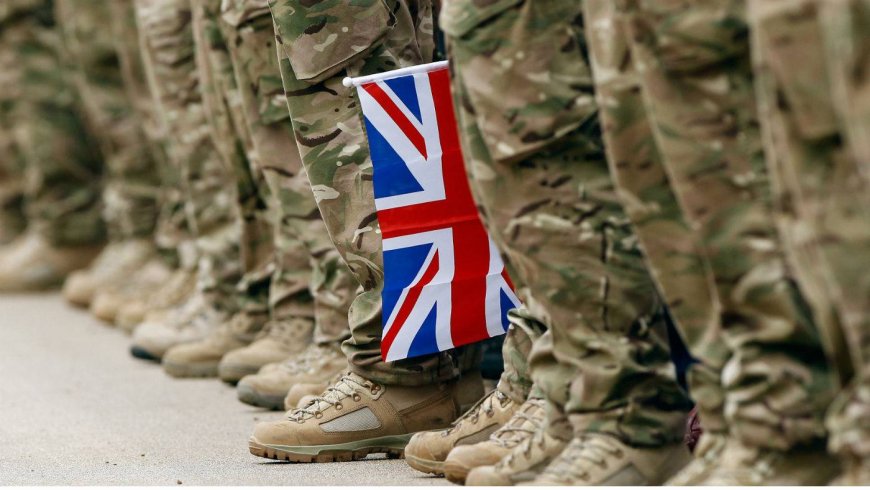Is the British Army still fit for purpose?

Given that the Integrated Defense and Security Assessment was performed in 2021, now is a good moment to examine if the British Army is still fit for purpose.
Mr. Johnson would be horrified by a review of recent events, since the Ukraine has witnessed fierce tank battles and artillery barrages, illustrating the effectiveness of conventional weaponry.
Although both sides have found drones to be extremely important, conventional ground warfare assets like infantry, armoured vehicles, and artillery have also proven indispensable. Had it not been for a mechanised brigade stationed outside of Kyiv at the start of the conflict, Russian troops might have easily seized the city.
This conflict highlights how modern capabilities, such as drones and cyberspace, supplement traditional weapons, such as cruisers, tanks, and warplanes, rather than replacing them. General Sir Patrick Sanders, commander of the British Army, asserts, "You cannot cross a river online."
The conflict in Ukraine revealed that modern ground warfare needs the use of all conventional tactics and, on a large enough scale for protracted combat, requires vast arsenals and backup supplies. Despite the fact that the British Army seems to be considerably more war-ready than the German Army, it is evident that additional resources must be invested in logistics.













































